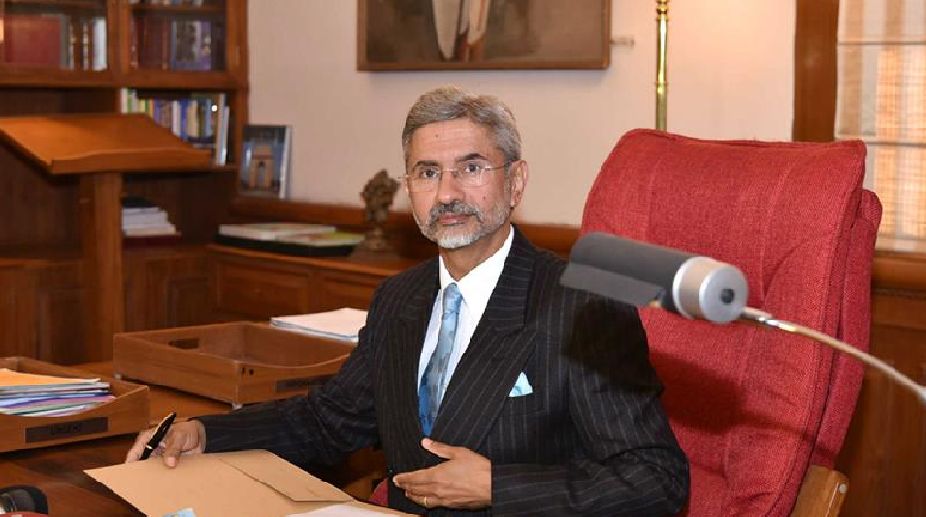Intel appoints Santhosh Viswanathan as India region head
Chip maker Intel on Friday said that it appointed Santhosh Viswanathan to head the India region business as its Managing Director (MD).

Foreign Secretary S Jaishankar (Photo: Facebook)
Amid the continuing stand-off between Indian and Chinese troops at Doklam in the Sikkim sector, Foreign Secretary S Jaishankar on Tuesday said the two countries have handled their border issues in the past and there was no reason why they would not be able to deal with matters this time.
In the obvious context of the ambitious China Pakistan Economic Corridor (CPEC), he said India believed in transparent development of infrastructure while respecting the principle of sovereignty and territorial integrity. "This is a principled approach and we are always open to discussions," he said.
Responding to a question on the current stand-off with China after delivering a lecture on ‘India-ASEAN and the Changing Geopolitics’ in Singapore, the top Indian diplomat noted that India and China had a long border of which no part had been agreed upon on the ground. Differences were bound to arise from time to time. “When such situations arise, I see no reason, when having handled so many situations in the past, we would not be able to handle it.”
Advertisement
Speaking at length about the India-China relationship, Jaishankar said the whole world was now aware of the complexity inherent in the rise of two major powers near simultaneously, that too in close proximity. "That the powers in question are civilisational ones, with positive far history and difficult near history, adds to the challenge," he said.
Jaishankar said the truth was that the India-China relationship by now had acquired so many dimensions and so much substance that reducing it to black and white augmentation could not be a serious proposition. "It is not only that India and China have stakes in each other; the world and especially ASEAN has a vested interest in this matter," he said.
Jaishankar also spoke about the alarming trade deficit in China’s favour due to obstacles to market access in China. "Differences on issues like terrorism, nuclear energy access and connectivity initiatives have also acquired some prominence. But the fact is that today, India-China relations are really multi-faceted."
Referring to the recent meeting between Prime Minister Narendra Modi and Chinese President Xi Jinping at Astana on the margins of the Shanghai Cooperation Organisation (SCO) Summit, he said they had reached consensus on two key points; that at a time of global uncertainty, India-China relations were a factor of stability, and that in their relationship, the two countries must not allow differences to become disputes. This consensus underlined the strategic maturity with which the two countries must continue to approach each other.
In an indirect reference to China’s aggressive posturing against its neighbours in the South China Sea, Jaishankar said India supported respect for freedom of navigation, over-flight and commerce throughout the region. New Delhi expected nations to resolve territorial and maritime disputes peacefully and in accordance with international law.
Advertisement